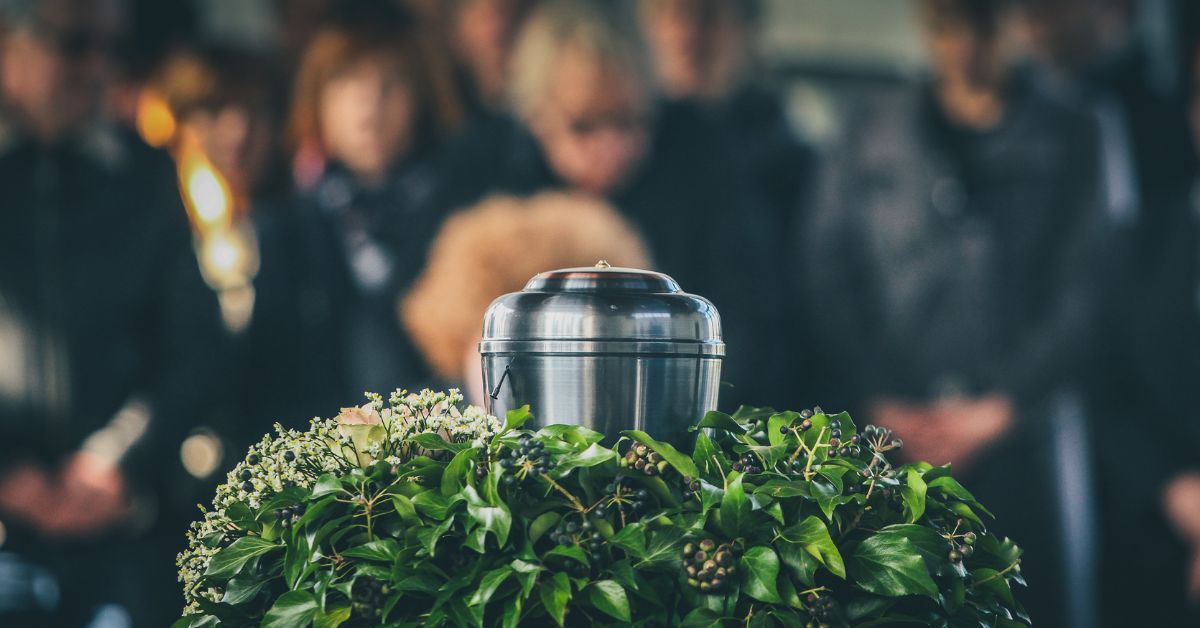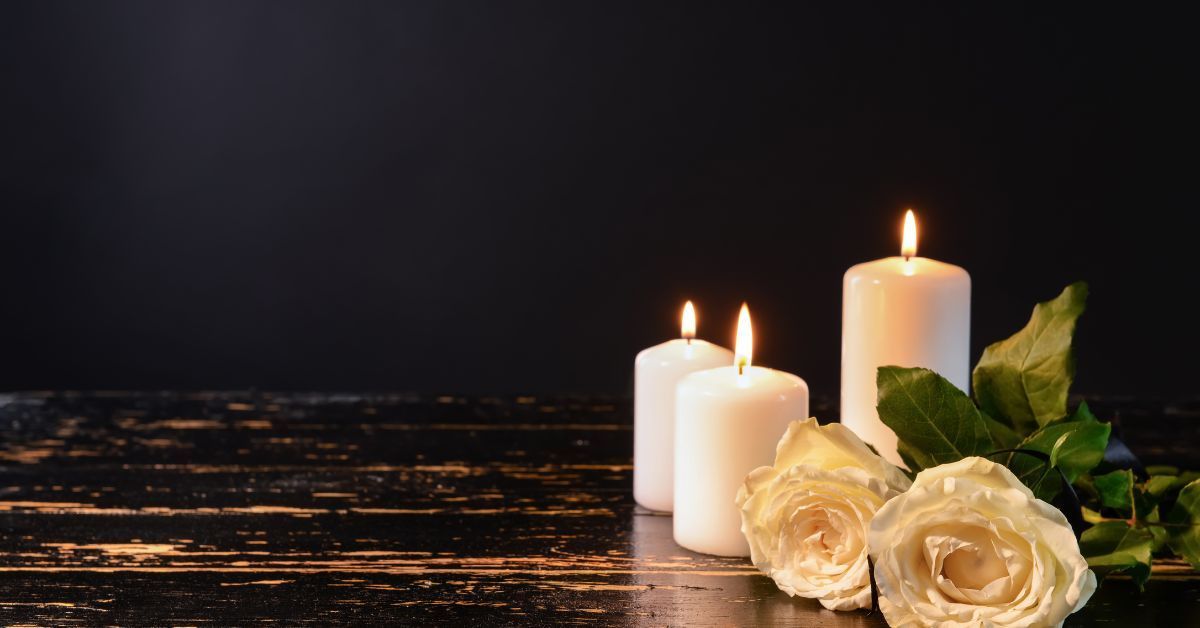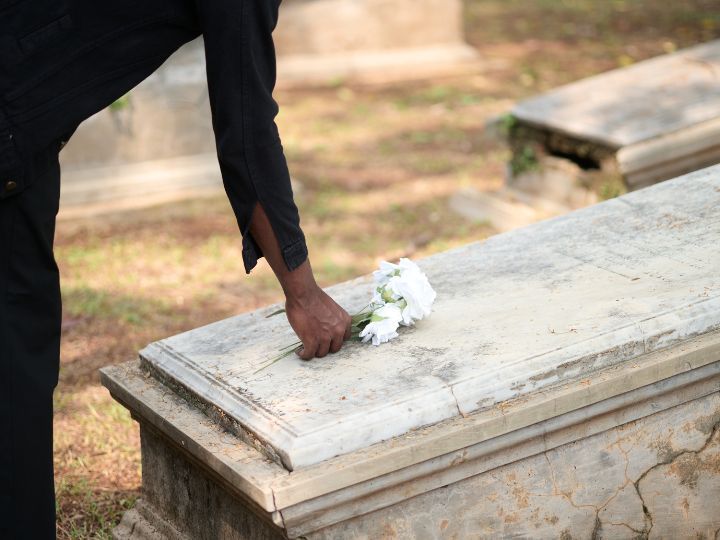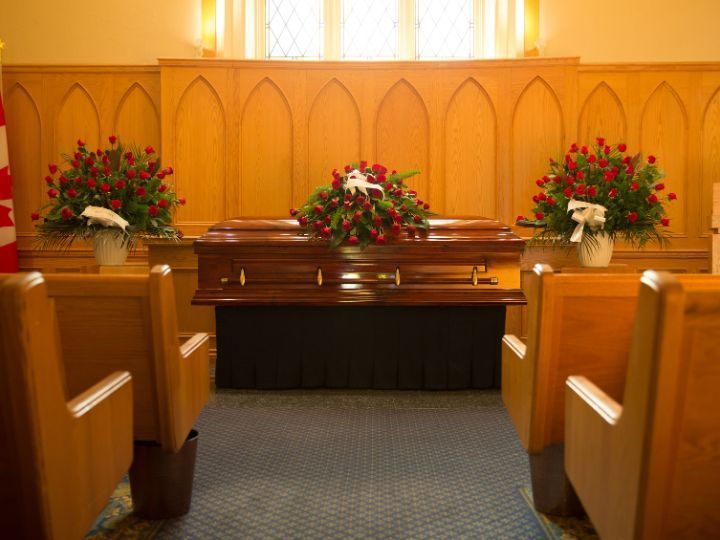Navigating Grief During the Holiday Season: A Practical Guide

The holidays are supposed to be joyful, right? Twinkling lights, family gatherings, traditions, and celebrations. But if you're grieving the loss of someone important, the holiday season can feel like a minefield of emotions. The very things that make this time special—the gatherings, the traditions, the abundance of joy around you—can amplify your sense of loss and pain.
If you're facing your first holiday season without someone you love, or if you're dreading the holidays because of grief, please know this: what you're feeling is completely normal. And you don't have to navigate it alone.
Understanding Holiday Grief
Grief doesn't take a holiday break. In fact, the holidays often intensify it.
There's what psychologists call "anniversary grief"—the pain that surfaces around significant dates, holidays, and traditions. When someone important is missing from the dinner table, from the tree-decorating, from the gift exchange, their absence feels particularly sharp. And it's made more complicated by the fact that everyone around you seems to be having a great time, which can leave you feeling isolated in your sadness.
On top of that, there are the practical challenges: navigating family gatherings where everyone wants to talk about the person you lost (or worse, doesn't mention them at all), managing expectations about celebrating when you don't feel like it, and dealing with the exhaustion of putting on a brave face during what's supposed to be a festive season.
Add in the holiday commercials, the cheerful music, the pressure to be merry, and it's no wonder grief hits differently during this time of year.
The First Holiday Without Them
That first holiday after losing someone is often the hardest. There's no template for it. You don't know what to do with yourself or how to be around others. Everything feels different.
Some people find that the first year is especially painful because you're experiencing every holiday and milestone for the first time without that person. You're creating memories and traditions that don't include them. You might find yourself thinking, "This is the first Thanksgiving without them. This is the first Christmas. This is the first New Year." Each moment can feel heavy with the weight of that first-time absence.
But here's something important: it does get easier. Not because you miss them less, but because you learn how to carry your grief. You figure out what feels right for you. And over time, you find new ways to honor their memory while still moving forward.
Creating Space for Your Grief
You don't have to pretend everything is okay. You don't have to be cheerful. You don't have to participate in every tradition or attend every gathering.
One of the most important things you can do during the holidays is give yourself permission to grieve in whatever way feels authentic to you. Some people need to talk about their loved one. Others need quiet space. Some people want to maintain traditions exactly as they were. Others need to create brand new ones.
All of these choices are valid.
If you're dreading a family gathering, it's okay to set boundaries. You can attend for a shorter time. You can bring a support person. You can plan an exit strategy if things become overwhelming. You can choose not to go at all, and instead spend the day in a way that honors your grief and brings you comfort.
If you're feeling tempted to skip the holidays entirely, that's worth exploring gently. While it's valid to take space, completely isolating yourself can sometimes make grief harder to bear. If you do decide to spend the holidays alone, consider connecting with others in some way—a phone call with a friend, an online support group, time in nature, or reaching out to your faith community if that's meaningful to you.
Memorial Traditions: Honoring Their Memory
One beautiful thing about the holiday season is the opportunity to create meaningful memorial traditions. These are intentional ways of honoring the person you've lost and acknowledging their place in your life and your heart.
Some families light a candle in their loved one's memory at dinner. Some make their loved one's favorite dish and share memories about it. Some create ornaments in their honor or donate to a cause they cared about. Some write letters to their loved one and read them aloud. Some volunteer together in their memory.
These memorial traditions don't have to be elaborate or solemn. They can be joyful, reflective, funny, or quiet. The point is that they intentionally make space for your loved one's memory during a celebration that would normally feel empty without them.
If you're not sure what tradition would feel right, start small. A moment of silence, a photo displayed prominently, a favorite song played in their honor—these small gestures can be deeply meaningful.
Community Compassion During Your Grief
One thing that makes grief during the holidays a little less lonely is knowing that your community sees you and cares about you during this difficult time.
If you're supporting someone who's grieving during the holidays, here's what matters: show up for them. Check in. Don't shy away from mentioning the person they lost—saying their name is a gift. Invite them to gatherings without pressure, and respect if they need to decline. If they want to talk about their grief, listen. If they want quiet company, offer that instead. Include them in planning, or alternatively, create the space for them to step back if they need to.
Small gestures matter: a meal brought to their door, a message of remembrance, an invitation for coffee, a donation made in their honor. These things say, "I see your pain, and you're not alone."
Grief Support and Resources
If grief feels overwhelming during the holidays, please reach out for support. There's no shame in needing extra help during this season.
Talk to a therapist or counselor who specializes in grief. Join a grief support group—many organizations offer special holiday grief support during this season. Reach out to your faith community if that's part of your life. Call a trusted friend or family member. These connections matter, and they can make a real difference in how you navigate the holidays.
Remember that grief is not something you have to carry alone. It's meant to be shared and supported.
Moving Through the Holiday Season
Here are some practical things that can help as you navigate this season:
Set realistic expectations. The holidays don't have to look like they used to. They just have to feel right for you.
Take care of the basics. Get sleep, eat nourishing food, move your body gently, and spend time outside if you can. Grief is exhausting, and these things matter.
Create gentle structure. Having a loose plan for your days can help you feel more grounded, especially on particularly hard days.
Honor the absence. Don't pretend your loved one isn't missing from the celebrations. Acknowledge it. Talk about it. Remember them.
Do what brings comfort. Whether that's watching their favorite movie, volunteering, spending time with certain people, or spending time alone—do what helps you feel closer to them or more at peace.
Be gentle with yourself. Grief isn't linear. You might feel okay one moment and devastated the next. That's normal. You're doing the best you can, and that's enough.
You're Not Alone
The holiday season can be isolating when you're grieving, but you truly aren't alone in what you're experiencing. Millions of people navigate loss during the holidays every year. And while that doesn't erase your pain, it means there are people who understand. There are communities, resources, and support systems in place.
At Limestone Chapel, we know that grief doesn't pause for the holidays. We've walked alongside many families during their most difficult seasons, and we understand the unique challenges that arise when loss and celebration collide. Whether you need grief support, want to explore memorial options, or simply need someone to talk to who understands, we're here for you.
Reach out to us. Connect with a friend. Find a support group. Do whatever you need to do to take care of yourself during this season.
Your grief is valid. Your love for the person you've lost is real. And you deserve compassion and support as you navigate the holidays this year.







